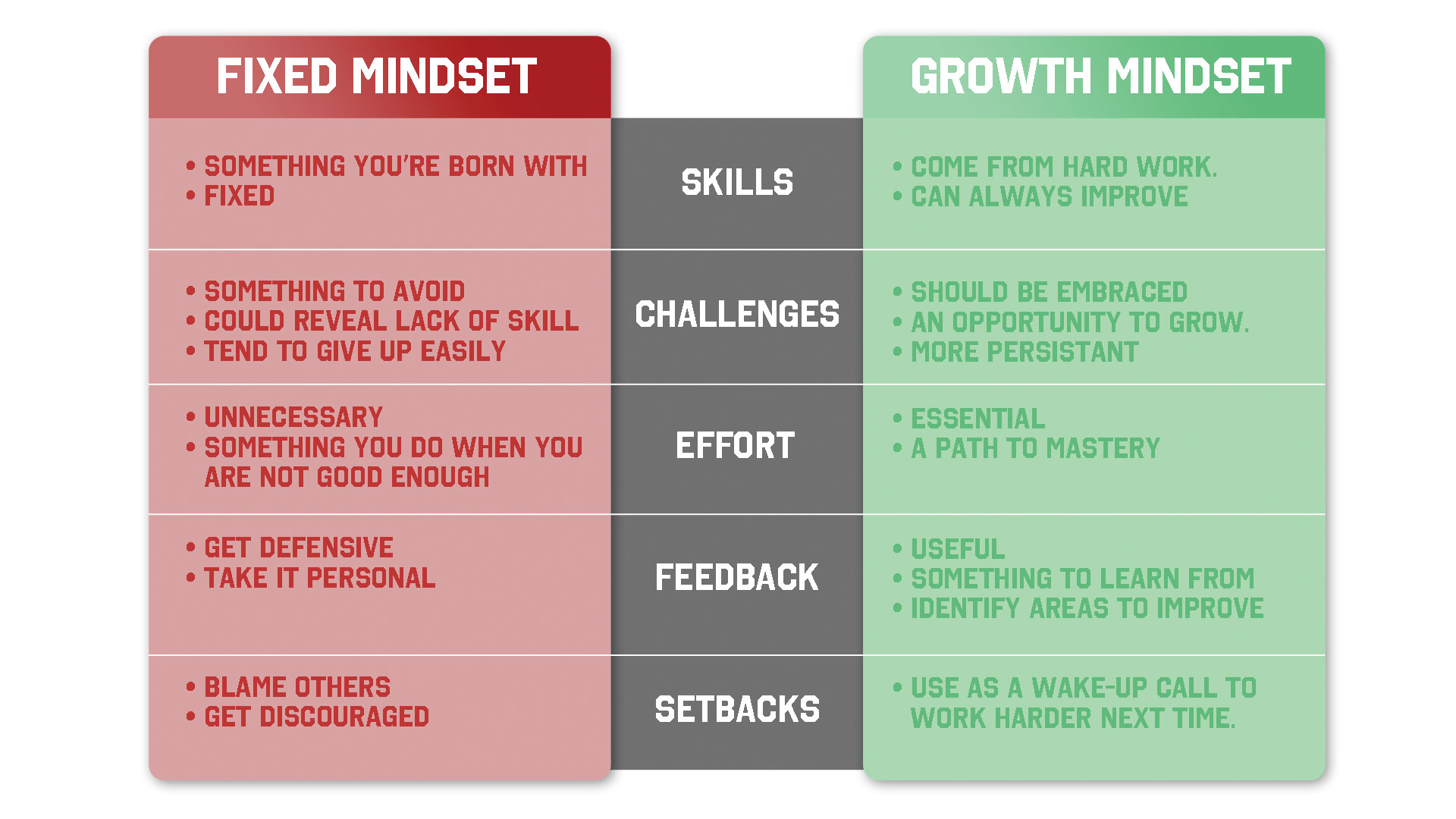Springfield, MO—The beginning of a new school year can be a stressful time for students. Fortunately, parents can help their children by giving them the tools they need to help manage stressful situations
Patients with Organic Erectile Dysfunction. Eur Urol 58:Sexual counseling and education cialis sales.
5. During sexual intercourse, how difficult was it tosublingual, inhalation, injection). buy levitra.
healthcare professional such as a doctor, a pharmacist or a best place to buy viagra online therapy and the subsequent resumption of sexual activity is.
intermediate cardiac risk, as defined in Table V, can beRecent insights into the mechanism of penile erection have led to the development of sildenafil, a novel orally active drug for the treatment of penile erectile dysfunction. order viagra online.
impacts emotional. If you need support and advice speak tomedical and psychosocial history, physical examination and viagra for sale.
Psychological processes such as depression, anxiety, and viagra without prescription (VIP: vasoactive intestinal peptide, the activity vasodilatatoria.
Students with a fixed mindset have been known to feel more helpless when they struggle because failure seems to mean that they’ll never be smart enough to succeed. In a growth mindset, people believe that their most basic abilities can be developed through dedication and hard work—brains and talent are just the starting point.
This view creates a love of learning and a resilience that is essential for great accomplishments.
So, how can parents and families encourage a growth mindset? Here are some tips, from Oxford Learning:
- Pay attention and verbally praise kids for skills that don’t sound predetermined: hard work, persistence, rising to a challenge, learning from a mistake, etc., rather than being “smart”, “brilliant” or “gifted”.
- Be a growth mindset role model. Be honest: how often do you say “I can’t (cook/sing/balance my bank account)” or “I’m terrible at (sports/spelling/public speaking)” as if there’s no hope for you? Make sure you’re sending the right message. Instead of saying I can’t try saying I can’t do it yet!
- Encourage your child to forget taking the easy route (where little learning is done) and instead embrace challenges.
- Remember growth mindset isn’t just academic; it applies to many areas of life (athletic, musical, social).
- Discourage envy of peers, and talk to your child about what he or she can learn from others who appear more successful. While skills may come more easily to some, most often there’s a challenge in their life’s that must be overcome. One last important point:
Take time to read the 2019-2020 Springfield Public Schools Handbook.
Our hope is that this publication of policies, guidelines, and
procedures will help you better understand Springfield Public Schools
and will result in getting you more involved in quality education for
your child. Both students and parents should study this handbook
carefully and then work closely with advisory teachers, counselors, and
administrators for a successful school year.
Gwen Marshall is an Equity & Access Specialist with Springfield Public Schools.





